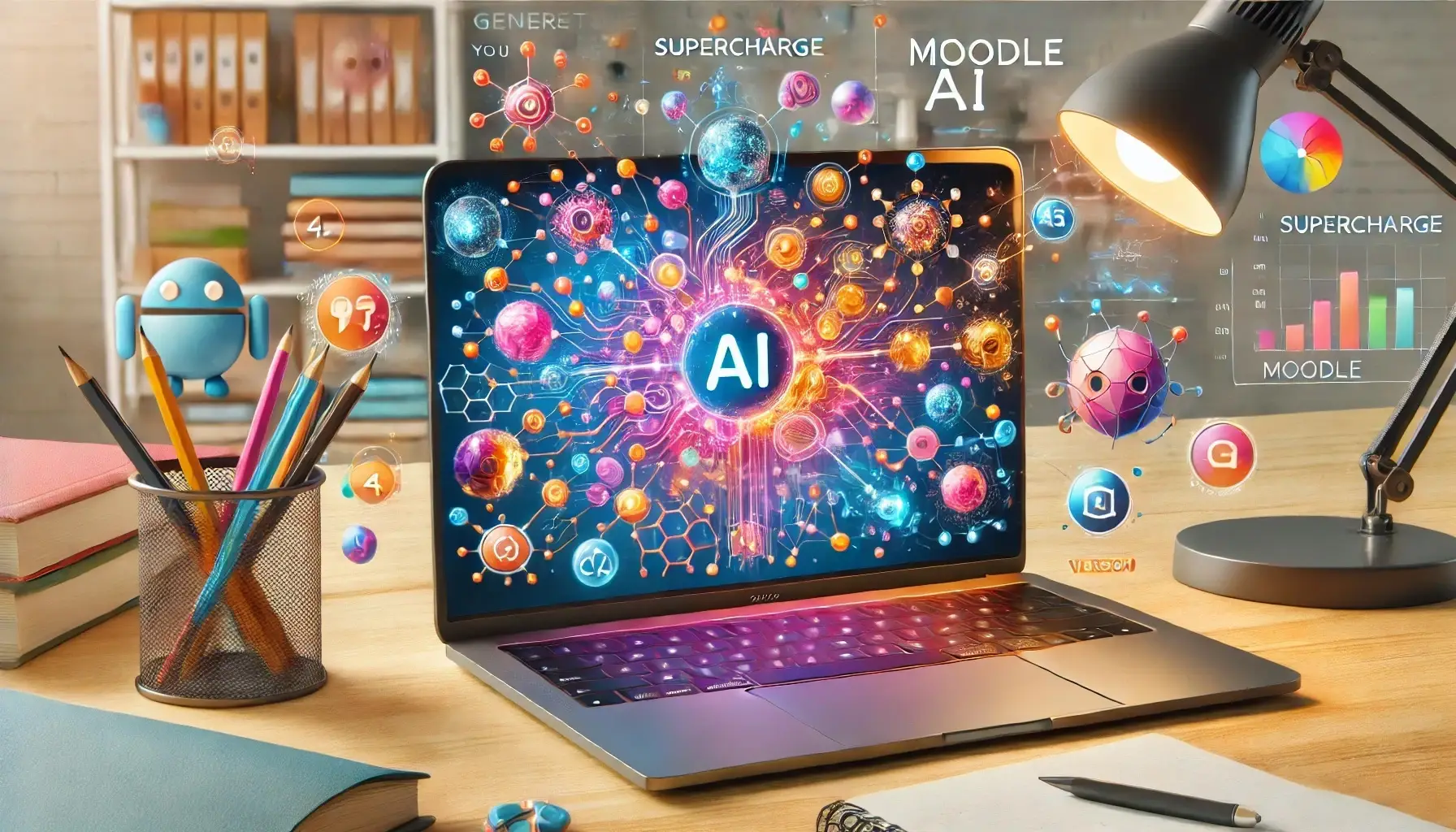The act of knowledge reconstruction enhances learning according to a recent study. To that end, trainers can improve the knowledge retention of their learners with the retrieval practice method.
According to their study, ‘Retrieval Practice Produces More Learning than Elaborative Studying with Concept Mapping’ by Jeffrey D Karpicke and Janell R Blunt, retrieval practice
is not merely a read out of the knowledge stored in one’s mind – the act of reconstructing knowledge itself enhances learning.
Question
The study explores retrieval practice as a better way of learning and knowledge retention. Karpicke and Blunt show
that practising retrieval produces greater gains in meaningful learning than elaborative studying with concept mapping.
Method
Karpicke and Blunt had a group of 80 students study a science text under four different study techniques:
- single study session
- multiple consecutive study session
- concept mapping technique
- retrieval practice
They noted that the same amount of study time was spent on concept mapping technique and retrieval practice.
Results
According to the results of the test, Karpicke and Blunt determined that the
retrieval practice produced the best learning, better than elaborative studying with concept mapping.
The research cannot pinpoint exactly why retrieval practice produced better results but Karpicke and Blunt’s research suggests that (a) retrieval practice allows students to fill in their own knowledge gaps and (b) retrieval practice was repetitive.
Implications for learning design
Curriculum designers can adopt some of the results from the study into their own design of learning materials. They can:
- create learning opportunities for retrieval practice
- recognition versus recall
- embedding appropriate interactive content







